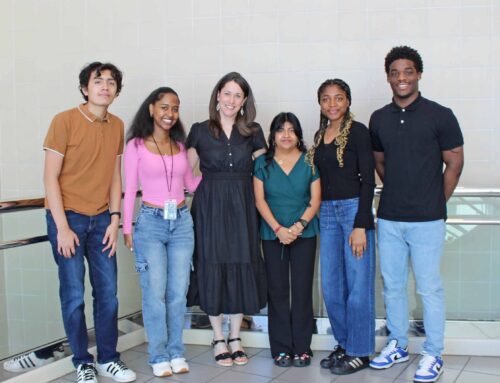The losers? That’s easy. Us. The taxpayers. There isn’t one part of the budget that directly affects us that wasn’t cut significantly, and it’s a lot more than libraries and rec centers, as bad as those cuts are. I could list pages and pages of detail, but consider just this: The cops will investigate 10 percent fewer stolen car reports, make 27 percent fewer drug arrests and 29 percent fewer vice arrests in 2010-11. So you’d better hope your car isn’t stolen, that there isn’t a meth lab in your neighborhood, and that there aren’t any working girls on your corner.
The winners? That’s easy, too. The city’s political elite, whose agenda has nothing to do with making this a better city for us, but for them. They did well: Funding for the Trinity River project was not cut. Funding for Dallas Executive Airport and the Vertiport — two things that I wager 90 percent of us will never use — increased a whopping 120 percent. And the capital budget, which includes spending for things we have to finance with debt, increased 10 percent. Which means we can look forward to paying interest on improvements we can’t afford.
After the jump, what this means and what we can do about it.This was the most difficult budget to negotiate in the 10 years or so that I have done it. It’s never easy to begin with, but this year, items were moved and departments were consolidated, further confusing the issue. There were 62 pages detailing public safety spending in last year’s budget blueprint, but just 34 in this year’s. So I can’t guarantee that I caught everything. You can find the budget on the city Web site.
But what I did catch pointed to a couple of things. City manager Mary Suhm has hitched her political wagon to Mayor Park Cities, because this is Leppert’s budget. He didn’t want a tax increase, and there is no tax increase. He wanted to increase capital spending, and there is increased capital spending. His pet projects, like the Trinity, are protected. The other thing? Suhm and Leppert are betting on the come. The budget is almost indefensible; how else to describe a spending plan where we’re asking cops to risk their lives for comp time?
But that’s because Leppert and Suhm are gambling that the economy has reached bottom, and that sales and property tax revenues will increase next year. Then, they can restore some of the cuts and pat themselves on the back, and Leppert can continue to think he is U.S. Senate material. But if revenues don’t improve, and there is no evidence that they will (the stock market is down 221 points as I write this), they’ve backed themselves into a corner. There is really nothing left to cut.
Really. I’m not kidding. Consider these budget lowlights:
• Health inspectors will have to visit 900 restaurants a year, as opposed to 560 in 2009-10. That’s almost enough to make me give up eating out.
• Street crews are expected to fill 28,000 pot holes in 2010-11, up from 20,000 this year, even though the amount they have to spend hasn’t changed. And the budget was cut more than half for the city department, pavement management, that identifies which roads need to be repaired.
• Garbage crews will collect 30,000 less tons of bulk trash this year than they did last year. Does this mean bulk pickup will end when they’ve picked up the budgeted total?
• Spending on the Inland Port development, which even us cranks thinks is a good idea, was slashed more than 10 percent. This is politics, pure and simple, and another sign of Leppert’s influence. His allies south of the Trinity are opposed to parts of the deal, so city funding goes away.
There is an election in May. Hopefully, we can elect a mayor and council who will not put their personal and political interests ahead of the taxpayers. Otherwise, there may not be much of a city left to govern.





